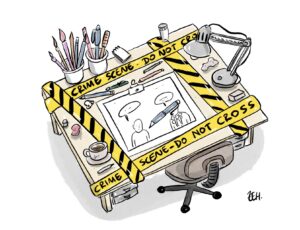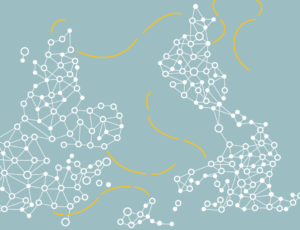Scared Stiff; Defensive Immobility Revisited
NIAS Seminar
About the Seminar
Defensive immobility responses serve survival purposes. For example, animals freeze when detecting a predator in order to optimally assess the situation and prepare appropriate action (being fight, flight or extended freezing). They may even play dead when the predator is close (tonic immobility; TI), causing the predator to lose interest. Humans show defensive immobility responses too, and these may also be functional. For example, firefighters freeze in order to optimally assess the situation and prepare appropriate action. Humans even experience TI: One of the victims of the “Schiedammer park moord” (2000) survived by “playing dead”.
However, being strongly evolutionary hardwired, immobility responses are highly automatic and involuntary and therefore can become maladaptive. Freezing when action is needed can lead to unnecessary casualties, and even when surviving trauma it leads to long-term complications such as post-traumatic stress disorder (PTSD). Therefore, understanding defensive immobility is crucial.
Unfortunately, progress on immobility behaviour is hindered by several translational problems. First, there are different types, which are used interchangeably (freezing, TI). Second, most research has been done on animals and these results cannot simply be translated to humans. Third, isolated research labs focus on either freezing or TI using specific research methods, leading to laboratory- clinical translational problems. And finally, it is not clear how immobility is situated regarding related constructs, especially learned helplessness and dissociation.
In my NIAS project, I will address these issues in a theoretical article, together with experts on freezing, TI, laboratory and clinical research. In this article, we will design a model to map the findings up to now, discuss ways to overcome the (translational) challenges and make an agenda for important issues that need to be addressed in the future.
About NIAS Seminars
NIAS Seminars are aimed to stimulate scientific cross-pollination within the NIAS academic community, but seminars are open to others who are interested. Please let us know if you wish to attend.



